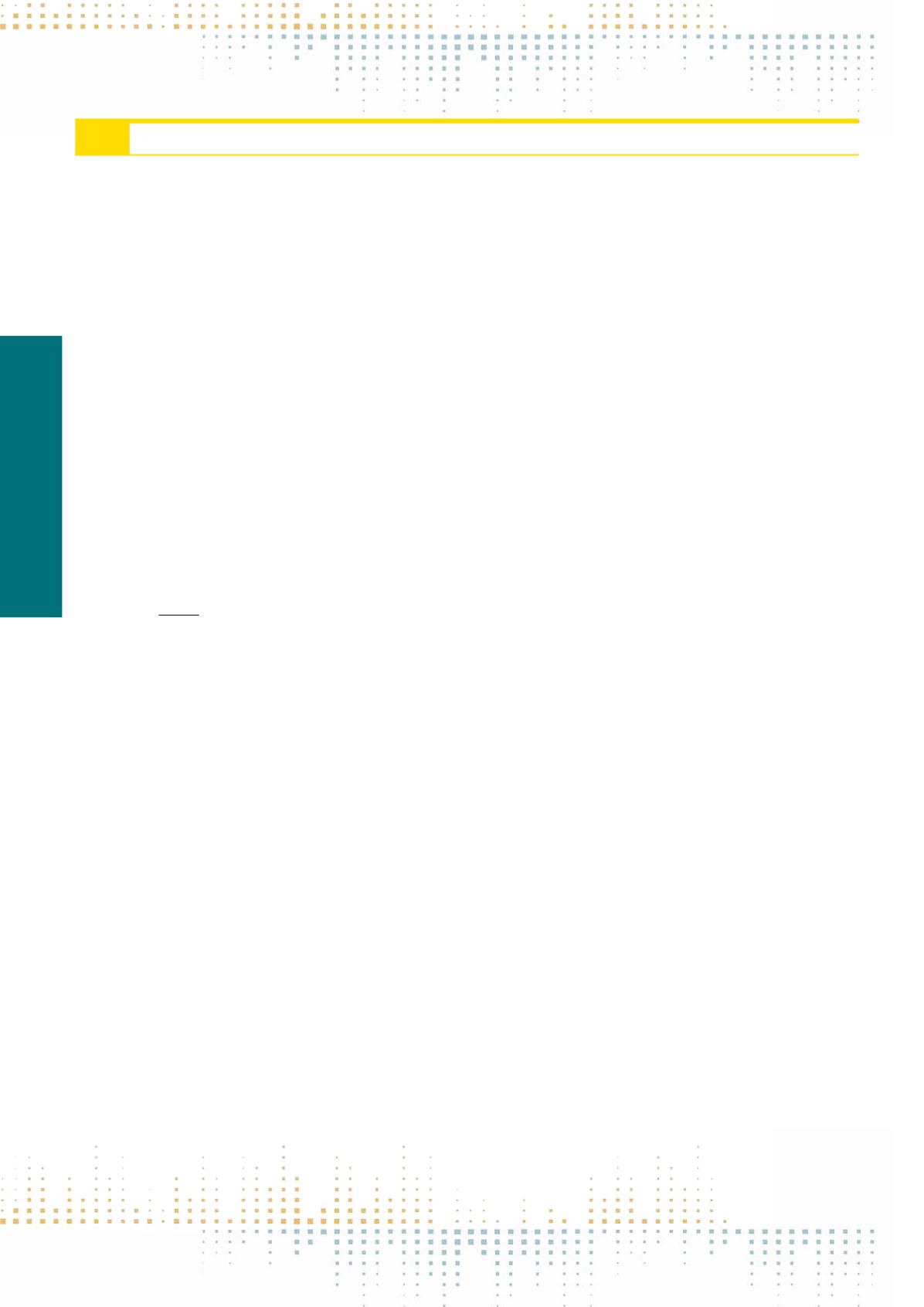

426
Thursday, November 10
1 1 : 0 0 – 1 2 : 3 0
MIP02
Big TechMeets Culture –The Case of Music
D. Hesmondhalgh
1
1
University of Leeds, Leeds, United Kingdom
Over the last decade, one of the most important developments in the media and cultural industries has been the entry of information technology and
mobile telecommunications companies into media and cultural markets. This panel considers the ramifications of this change in the music industries. For
many decades, consumer electronics companies and retail corporations were major players in the music industries, sometimes in relations of ownership or
partnership with the recording and publishing companies that formed the heart of the business. But since the turn of the century, music distribution across
much of the world has shifted to personal computers and mobile devices such as MP3 players, phones and tablets. This shift destabilised the music and
publishing companies, who attempted to develop new business models based on ever more fervent efforts to exploit intellectual property, as copying has
become more pervasive and harder to regulate. A new situation has emerged in some countries, where subscription-based music streaming services operat‑
ed by IT companies are increasingly displacing labels and retailers in the shift from ownership to access models of listening and commerce. This has also led
to new experiences – and expectations – of abundance, discovery and sharing among consumers. However, there is considerable international variability in
the dynamics sketched above. The panel therefore takes an international approach, looking at ‘global’markets, at ‘major’markets in North America, Europe
and Asia, but also at (supposedly) more‘marginal’music industry spaces. Negus explores how businesses mobilising data and analytics are gaining compet‑
itive advantage over traditional players, leading to new patterns of creativity, collaboration and conflict. Hesmondhalgh and Meier examine how new forms
of distribution and marketing (and new forms of control over these functions) are reconfiguring power and inequality. Hagen and Lüders explore howmusic
streaming, increasingly a major mode of music consumption in many countries, offers new possibilities for users, but also new challenges. Elavsky provides
an account of how new musical technologies hit a small music market, the Czech Republic, including interindustry tensions, and challenges for policy and
local startups and musicans. De Beukelaer and Eisenberg discuss musical economies untouched by such developments, and examine the crucial importance
of informal distribution networks and mobile telecoms and technology (MTT) operators in Ghana and Kenya. The panel, then, explores the repercussions
of the entry of IT and mobile companies into the music industries for understanding questions of power and control and the cultural experience of music
audiences, now increasingly understood as ‘users’. Music was the first major cultural industry to undergo ‘digitalisation’ and so the research presented by
the panel will enhance understanding of changes in the cultural and media industries as a whole.
PN 063
From Phonograph to Phone, from Product to Content: New Patterns of Creativity and Conflict in the Popular Music Economy
K. Negus
1
1
Goldsmiths University of London, Music, London, United Kingdom
Digitalisation has profoundly changed the way popular music is created, circulated and consumed. It has allowed for flexible and accessible techniques
of production and for dialogues across space and time, facilitating communal, creative and commercial connections between musicians and audiences.
Digitalisation has also led to a dramatic decline in revenues from the sales of recordings to consumers, posing challenges for the recordedmusic business and
raising questions about how musicians make a living in a digital world. As consumers abandon the acquisition of recorded artefacts in favour of accessing
streamed mobile content, new emergent competitive tensions appear between the traditional music industry and the IT/ phone industries. At one time
a version of political economy pitched musicians against record corporations as an artistic version of the struggle between capital and labour. Yet, recent
pronouncements against Spotify (by Thom Yorke) and Apple (by Taylor Swift) are suggestive of newer competitive struggles as profits are procured from
music circulation by digital intermediaries, phone manufacturers and data/ IT companies - emergent tensions in the digital economy between those whose
profits are derived from music as ‘product’ and those whose income is generated from exploiting the use of that music as ‘content’. This paper suggests
that we are living through a critical moment in the relationship between an analogue economy pursued by what were once called record labels, oriented
towards production, and a digital economy, pursued by the likes of YouTube /Google, and Spotify, focused on ‘monetising content’ by generating revenue
from streaming, data collection and analytics, cloud storage, and attracting advertisers to sites or pages containing sounds, images, data and information.
This paper explores the way that these conflicts within the cultures of capitalism entail contrasting accounts of how businesses should generate profits and
then share that revenue; incompatible ethical principles and allied practices; and quite different approaches to the interplay of aesthetics, creativity and
capitalist exploitation. Drawing on exploratory research with musicians and music industry personnel, along with commentary in trade sources, the paper
suggests that businesses able to mobilise data/analytics, and to generate advertising revenue from webpages in which sounds, words and images are
the attraction, are gaining competitive advantage over a music industry that is premised on finding new repertoire and working with songwriters, creators
and producers. This paper addresses these changes, exploring how patterns of collaboration and cultural production are being reconfigured by conflicts
within the cultures of capitalism that entail contrasting accounts of how businesses should generate profits and then share that revenue. It raises questions
about the consequences for investment in the creative work of musicians, producers and recording artists and asks whether we need to rethink patterns
of power and patronage in the music industries.



















